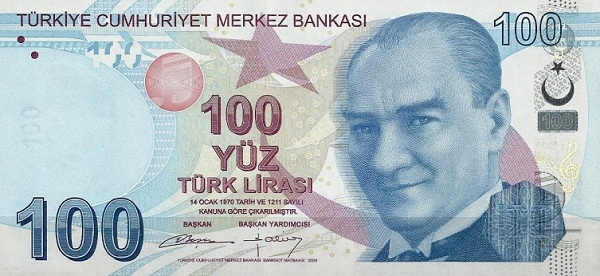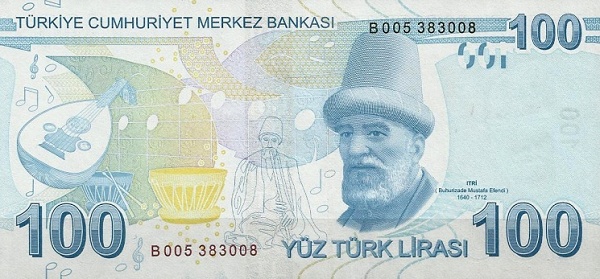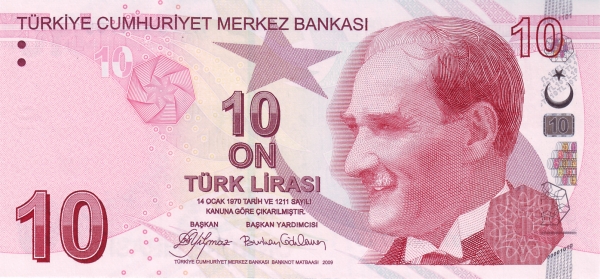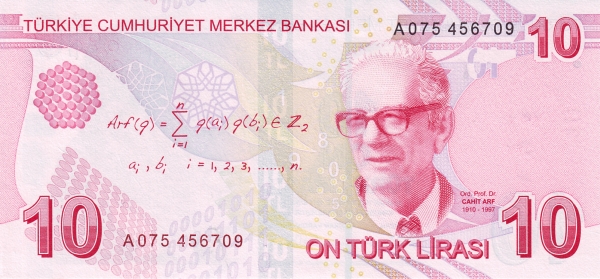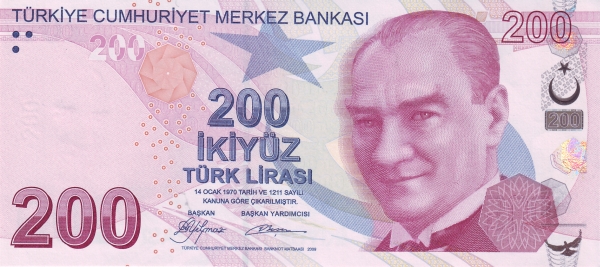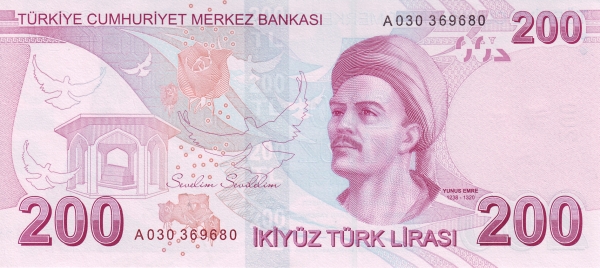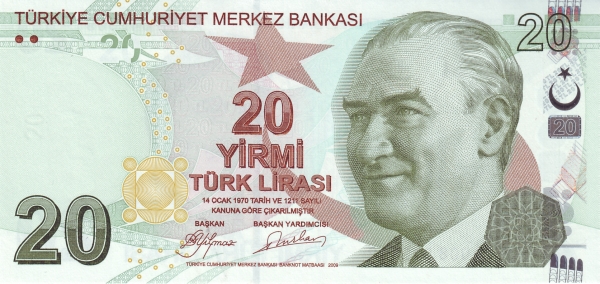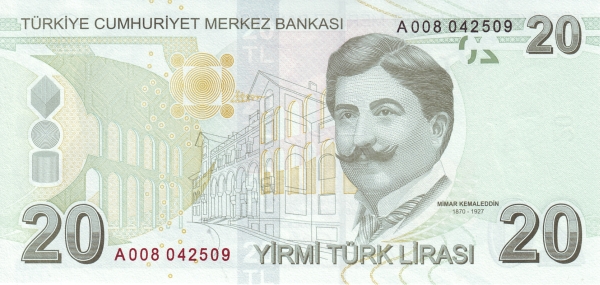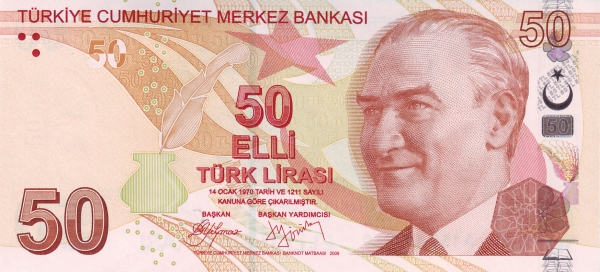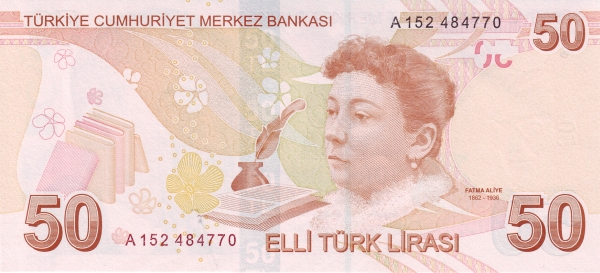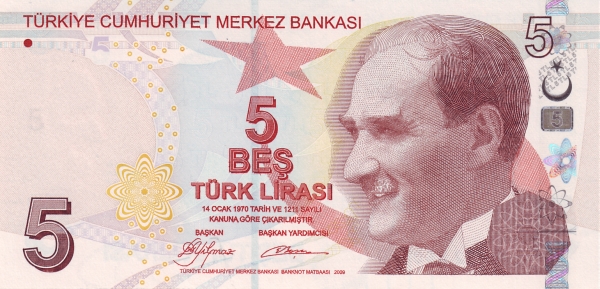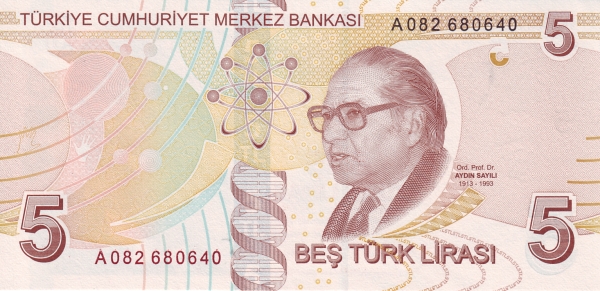Discovering Turkey: A Land of Rich History and Culture
Turkey, now known as Türkiye, sits at the intersection of Europe and Asia, making it a fascinating destination filled with diverse cultures, stunning landscapes, and a rich historical tapestry. Situated on the Anatolian peninsula in western Asia, the country stretches into a small enclave known as Thrace in Southeast Europe. Its strategic geographic position not only makes Turkey a bridge between two continents but also a melting pot of various civilizations, all contributing to its vibrant heritage.
Geographical Wonders of Turkey
Turkey boasts a breathtaking coastline that graces both the Mediterranean Sea to the south and east and the Black Sea to the north. This geographical marvel allows visitors to enjoy stunning beaches, picturesque towns, and various outdoor activities. As for neighboring countries, Turkey shares its borders with Armenia, Iran, and Azerbaijan in the east, Georgia to the northeast, Bulgaria and Greece to the northwest, while Iraq and Syria lie to the southeast. With its vast territory covering 783,562 km², Turkey is more than twice the size of Germany and slightly smaller than the combined states of Texas and Louisiana.
Cultural Tapestry and Demographics
As of 2024, Turkey's population has reached approximately 85.4 million people. Istanbul, the largest city, pulsates with life and history, while Ankara serves as the nation's capital. The country is multilingual; while Turkish remains the official language, Kurdish and Arabic are also spoken among various communities. Moreover, around 97-99% of the population practices Islam, contributing to the nation's rich cultural landscape shaped by Islamic traditions.
The Birth of a Nation
Turkey's history runs deep, as the Anatolian peninsula is often referred to as "the cradle of civilization." This region has hosted numerous tribes and nations dating back to at least 10,000 B.C. Among its historical treasures, Göbekli Tepe stands out; it holds the title of the oldest known man-made structure in the world. The collection of megaliths at Göbekli Tepe dates back to around 10,000 B.C. and offers invaluable insights into early human civilization.
By 1200 B.C., the Greek presence in Anatolia grew significantly, with Aeolian and Ionian Greeks populating the coastlines. Greek colonists founded several key cities, including Miletus, Ephesus, Smyrna (now İzmir), and Byzantium, the latter of which transformed into Constantinople and eventually became modern-day Istanbul. Such historical developments illustrate Turkey's enduring legacy as an important center for culture and trade throughout history.
The Seljuk and Ottoman Influence
In the second half of the 11th century, the Seljuk Turks began to invade regions of medieval Armenia and eastern Anatolia, marking a significant shift in the demographic landscape. The pivotal Battle of Manzikert in 1071 saw the Seljuks emerge victorious over the Byzantines, thus initiating a process of Turkization. During this era, both the Turkish language and the Islamic faith began to permeate the cultural fabric of Armenia and Anatolia.
The establishment of the Republic of Turkey in 1923 catalyzed a transformative period in the nation’s history. Under the visionary leadership of Mustafa Kemal Atatürk, the nation transitioned from a dynastic and theocratic Ottoman system to a democratic republic founded on secular, pluralistic principles. This change profoundly influenced Turkey’s governance and societal structure, paving the way for modernization.
Turkey in the Modern World
Entering the global arena, Turkey joined the United Nations in 1945 and became a NATO member in 1952. Nonetheless, the nation has faced challenges, including the military occupation of northern Cyprus in 1974, which aimed to prevent Greece from taking control of the island. These events have led to strained relations between Turkey and Greece, highlighting the ongoing complexities of regional politics.
The Political Landscape of Turkey
As a republic since 1923, Turkey has structured its political system around democratic principles. Article 2 of the Turkish Constitution characterizes the nation as a democratic, secular, and social constitutional state. In recent years, President Recep Tayyip Erdoğan has held a prominent leadership role, having been directly elected through an absolute majority popular vote. Interestingly, the 2017 referendum marked a significant transformation by shifting the country from a parliamentary government system to a presidential one.
Despite these developments, the Economist Intelligence Unit has categorized Turkey as a Hybrid Regime, wedged between Flawed and Authoritarian Regimes. This classification reflects ongoing tensions and challenges within the political sphere, emphasizing the need for continued dialogue and reform.
The Blossoming Tourism Industry
In recent years, Turkey has emerged as one of Europe’s premier tourist destinations. Its rich history, breathtaking landscapes, and diverse culture draw millions of visitors each year. Iconic sites such as the ancient city of Ephesus, the stunning landscapes of Cappadocia, and the vivid bazaars of Istanbul showcase the country's multifaceted appeal. Travelers can immerse themselves in the country’s lively culture, savor traditional Turkish cuisine, and explore its myriad historical landmarks.
In conclusion, Turkey stands as a remarkable nation steeped in history and culture. Its unique position as a bridge between two continents enriches its identity and offers visitors a captivating experience. As the country continues to evolve, it retains its allure as a destination for exploration and discovery.
Largest cities of: Turkey
| City Name | Population | Year of foundation | |
| Ankara | 5,503,985 | 768 B | |
| Istanbul | 15,519,267 | 330 | |
| Izmir | 4,320,519 | circa 3000 B | |
| Bursa | 3,057,120 | circa 3000 B | |
| Adana | 2,305,637 | circa 5600 B | |
| Konya | 2,232,000 | circa 3000 B | |
| Gaziantep | 2,063,720 | 3650 B | |
| Antalya | 1,260,000 | 158 B |
Turkey: Money
